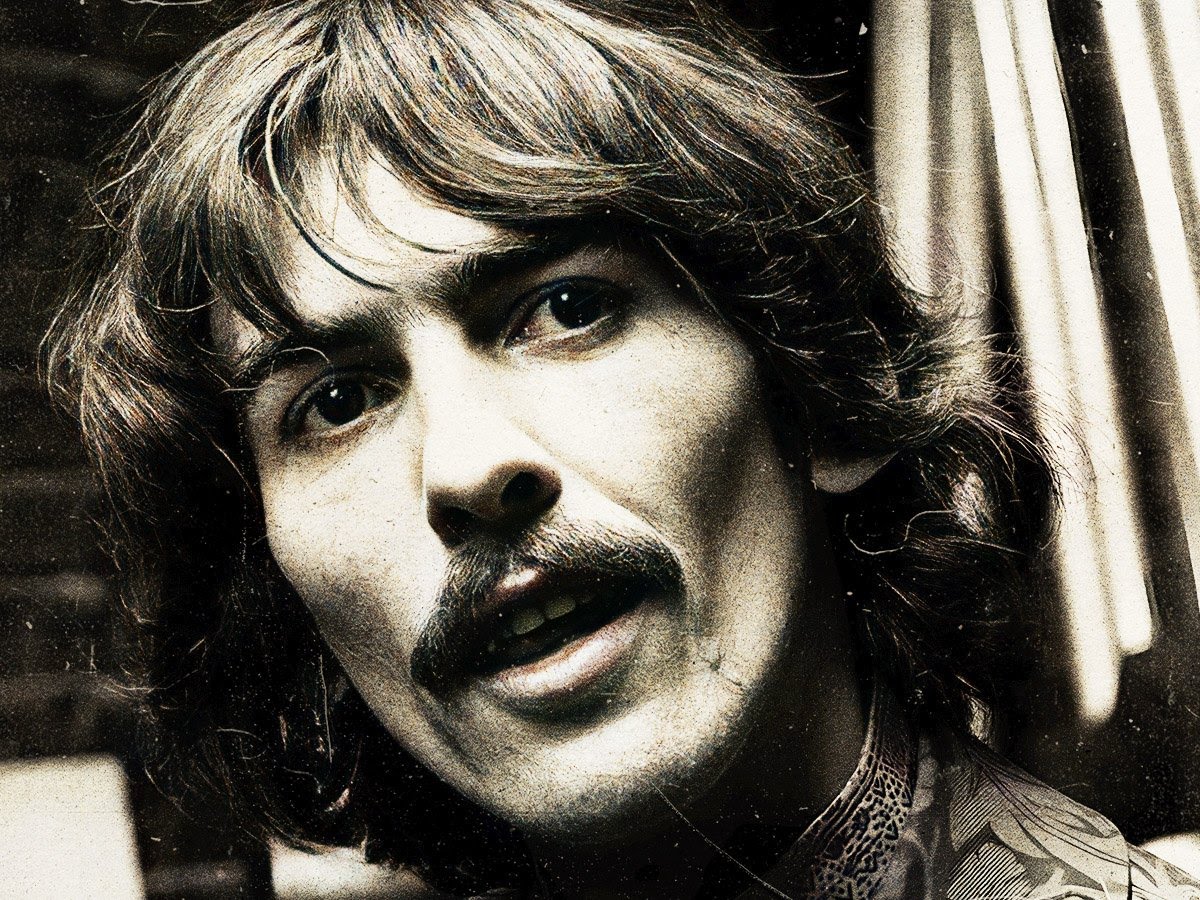With the release of early singles like ‘Love Me Do’ and ‘Please Please Me’, The Beatles changed the face of pop music almost instantaneously, laying the ground before their 1963 debut album named after the latter.
With the smell of overseas success tugging at their nostrils, the Fab Four took no pause for thought, launching into their second album, With the Beatles, which was released by the end of 1963. The album housed George Harrison’s first solo songwriting submission, ‘Don’t Bother Me’ and set the band up nicely for their first visit to the US in February 1964.
The Beatles’ early work was by all means revolutionary in terms of mass appeal and global domination, but the artistic renaissance would arrive a couple of years later. Between 1965 and ‘66, Rubber Soul and Revolver saw the group transition under the influence of the dawning hippie age. Influenced by the work of Bob Dylan and Beat Generation writers, simple love songs were replaced by yellow submarines and a strange woman who keeps her face in a jar by the door.
With the arrival of Revolver, The Beatles had truly beckoned the psychedelic era, welcoming avant-garde recording techniques in ‘Tomorrow Never Knows’ and inviting Eastern cultural influences in ‘Love You To’.
“Where to next?” One might have heard the four-piece exclaim as they entered the studio to track worthy follow-up. As we know, the group decided to reinvent themselves under an alternate handle, the colourfully clad Sgt. Pepper’s Lonely Hearts Club Band. The accompanying album of 1967 is regarded as The Beatles’ psychedelic masterpiece and, by some people’s ears, the greatest album of all time.
Alas, the album had its notable detractors. Take George Harrison, for example. “I felt we were just in the studio to make the next record, and Paul was going on about this idea of some fictitious band,” Harrison said in The Beatles: Anthology. “That side of it didn’t really interest me…It was becoming difficult for me because I wasn’t really that into it. Up to that time, we had recorded more like a band; we would learn the songs and then play them… Sgt. Pepper was the one album where things were done slightly different”.
He added: “A lot of the time, it ended up with just Paul playing the piano and Ringo keeping the tempo, and we weren’t allowed to play as a band so much. It became an assembly process – just little parts and then overdubbing – and so, for me, it became a bit tiring and a bit boring…I’d just got back from India, and my heart was still out there…The trips to India had really opened me up…I’d been let out of the confines of the group, and it was difficult for me to come back into the sessions…It was a job, like doing something I didn’t really want to do, and I was losing interest in being ‘fab’ at that point.”
Watching Peter Jackson’s popular fly-on-the-wall documentary of 2021, The Beatles: Get Back, it was evident that by 1969, Harrison was upset with Paul McCartney’s tightening grasp on the band’s direction. However, it would appear this dissatisfaction had its seeds sown several years before.



